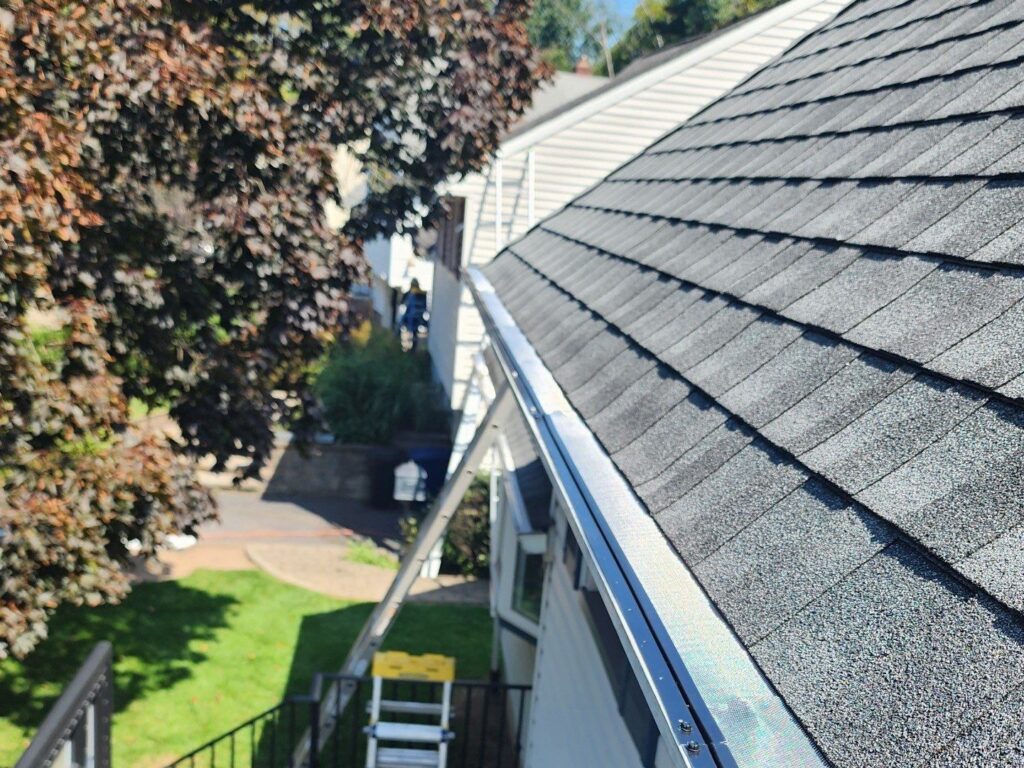Schedule
An appointment
[]Roofing in Bloomfield, NJ
Services in Bloomfield, NJ
Experience the Difference with Local Expertise: Stern Roofing
For your new roof installation or repair project in Bloomfield, NJ, select a contractor dedicated to excellent customer service. Stern Roofing, a local company, employs highly experienced professionals specializing in new roof installation and repair across New Jersey.
Why Choose Stern Roofing?
• Integrity: We stand for fairness in dealings and doing what we say we are going to do.
• Serving Local Community: We know NJ weather and we are committed to making our clients feel important .
• Urgency: We are responsive to customers and target their jobs to be scheduled and done within a few days – not weeks.
• Communication: We strive to be absolutely transparent about our scheduling and arrival times.
• Professionalism: We are humans and we make mistakes. And we are committed to owning them and making things right like the top-notch professional we strive to be.
Ready to transform your roof and protect your home? Contact Stern Roofing today for a free consultation!

Frequently Asked Questions about Roofing
Yes, roofing materials are likely to be affected by tariffs, which can result in increased costs for manufacturers and consumers. Tariffs imposed on imported goods can lead to higher prices for raw materials such as steel, aluminum, and other essential components used in roofing products. As manufacturers face increased expenses, they may pass these costs onto consumers, leading to a rise in the overall price of roofing materials. Additionally, tariffs can disrupt supply chains, causing delays in production and availability that may further complicate the roofing industry. Homeowners and builders may find that the cost of roofing projects increases, potentially leading to changes in purchasing decisions and construction timelines. Ultimately, the impact of tariffs on roofing materials can have widespread ramifications within the construction sector, influencing everything from pricing and availability to project planning and execution.
Yes, the roofing industry is likely to be affected by tariffs, as these trade policies can lead to increased costs for materials, particularly those imported from countries subject to tariffs. Tariffs on key components like steel, aluminum, and specific types of roofing materials can result in higher prices for manufacturers, which are often passed down to consumers and contractors. This can ultimately affect the overall roofing market by increasing the cost of new construction and repairs, potentially leading to a decrease in demand. Additionally, roofing companies might face challenges in sourcing materials, which can further disrupt supply chains and project timelines. As a result, the impact of tariffs extends beyond just pricing; it can influence market dynamics, competition, and ultimately the accessibility of roofing solutions for homeowners and businesses alike.
Roofing tar can adhere to metal surfaces, but its effectiveness often depends on several factors, such as the type of metal, the surface condition, and the specific formulation of the tar itself. Generally, roofing tar is designed for use on various roofing materials, including asphalt, shingles, and some metal roofs. However, for optimal adhesion, the metal surface should be clean, dry, and free of rust, dust, or any contaminants that could hinder bonding. Additionally, while roofing tar may stick to metal, it is crucial to consider the thermal expansion properties of both materials, as metal can expand and contract with temperature changes, potentially affecting the integrity of the bond over time. For long-term applications, it may be advisable to use sealants specifically formulated for metal roofs to ensure lasting performance and durability.
Roofing tar is not specifically designed to adhere to plastic materials, and its effectiveness can vary depending on the type of plastic involved. While some roofing tars may adhere reasonably well to certain rigid plastics, like PVC or certain types of polycarbonate, they are generally not recommended for use on flexible or smooth plastics, as these surfaces may repel the tar or allow it to peel away over time. Additionally, the chemical composition of roofing tar can potentially damage or degrade some plastic materials, leading to further complications. To ensure a proper bond and the longevity of your roofing application, it is advisable to consult the manufacturer’s guidelines specific to both the roofing tar and any plastics being used. If a strong bond is necessary, it may be worth considering alternative adhesives or sealants that are specifically formulated for compatibility with plastic surfaces.
Schedule free onsite roofing inspection
Call or text 973-298-0767 or schedule online
Useful links for Bloomfield, NJ
- Learn more about Bloomfield, NJ 07003
- Bloomfield Village
- Open a Bloomfield, NJ map
- Find the Bloomfield, NJ United States Post Office
- Visit the Bloomfield, NJ 07003 public library
- Check out the Bloomfield, NJ 07003 downtown website
- Read local Bloomfield, NJ 07003 news
- Locate Bloomfield, NJ 07003 pharmacies
- View Bloomfield, NJ 07003 weather report
- Browse public and private schools in Bloomfield, NJ 07003
- Local Bloomfield, NJ 07003 YMCA
- Bloomfield, NJ 07003 is located in Essex County in New Jersey


